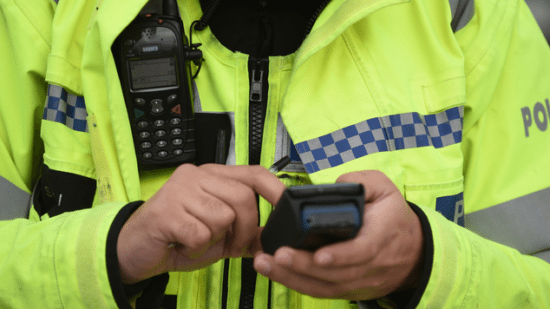Recent watchdog report found that police forces across the UK are feeling ‘overwhelmed’ by digital evidence. Jeremy Nazarian, CMO at mobile forensics specialist Cellebrite, commented below.
Jeremy Nazarian, CMO at Cellebrite:
 “It is perhaps not surprising that some police forces are feeling “overwhelmed” by the volume of digital evidence being collected, causing “unacceptable delays” in basic tasks like extracting data from a mobile phone. In the world that we now live, the sheer number of devices in question can cause backlogs. Add to this the huge volume of data that can be obtained and it’s simple to see how delays and constraints arise to disrupt analysis and the ability to act quickly.
“It is perhaps not surprising that some police forces are feeling “overwhelmed” by the volume of digital evidence being collected, causing “unacceptable delays” in basic tasks like extracting data from a mobile phone. In the world that we now live, the sheer number of devices in question can cause backlogs. Add to this the huge volume of data that can be obtained and it’s simple to see how delays and constraints arise to disrupt analysis and the ability to act quickly.
“Yet, time is one variable that they don’t have. It is thought that if investigators don’t have solid leads, suspects or arrests in 48 hours, the chances of solving a case drop by half. As the report shows, the volume, velocity and variety of digital data continues to outpace existing resources. With 2.32 billion smartphones globally, 5,101,400 applications available for download and 2.5 million pieces of Facebook content shared every minute, digital forensic capabilities have reached a critical tipping point.
“The time has come for forces to rethink the investigative process and the tools required to support it. In order to reduce case cycle times, investigators and analysts need simple tools, that enable text, video and image analysis, to help them see the big picture and all the critical connections that define it. Essentially, the tools need to empower the individual investigator on the case to easily and intuitively manage and act upon data and leverage digital evidence in real-time, without the need to add human resources.”
The opinions expressed in this post belongs to the individual contributors and do not necessarily reflect the views of Information Security Buzz.



